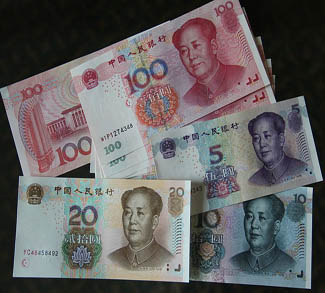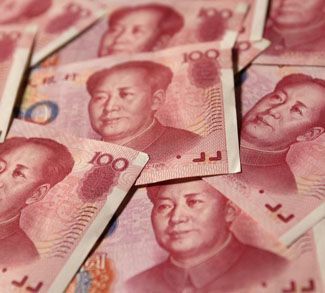
Key Takeaways
- After years of horizontal trading, China stock markets are booming on bets of a future fiscal stimulus package that might not materialize.
- Recent data in China’s real estate market and consumer spending do not suggest a turnaround in economic fortunes.
The rabid Fed watching of US equity markets appears to be contagious, as China stock markets have experienced wild swings as traders place bets on future stimulus announcements from Beijing.
The latest round of volatility kicked off on September 24, when the People’s Bank of China (PBOC) announced a raft of monetary policies to rouse the Chinese economy from its deflationary doldrums. The package included rate cuts aimed at broader economic activity: a seven-day repo rate cut of 20 basis points, medium-term lending facility cut of 30 basis points, and loan prime rate cut of 20-25 basis points. Yet the PBOC saved its best firepower for the stagnant real estate industry, which saw relief in the form of a 50 basis point cut to mortgage rats and a cut in minimum downpayment requirements, potentially helping to loosen the purse strings of a middle class that has lost its will to spend over the past two years. Finally, if these efforts weren’t enough to revive investor confidence, the September package also revealed direct interventions to revive Chinese equities, notably new equity purchases by state-owned funds and new liquidity facilities to help commercial banks to brokerages buy stock.



